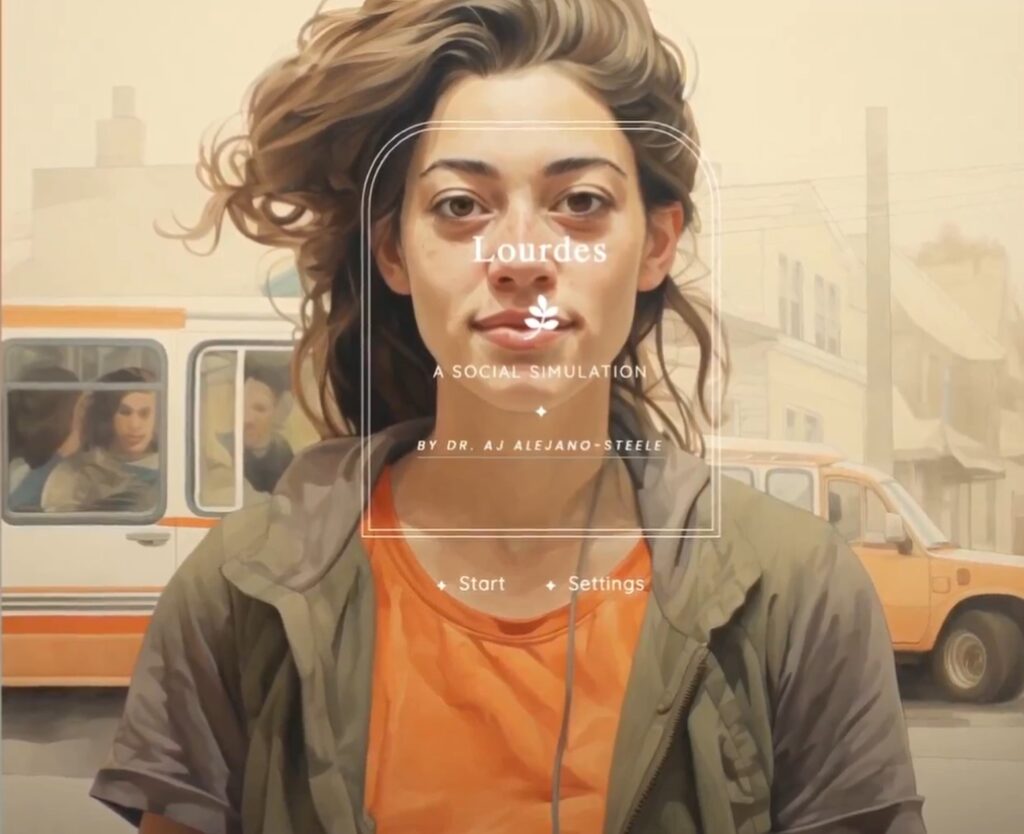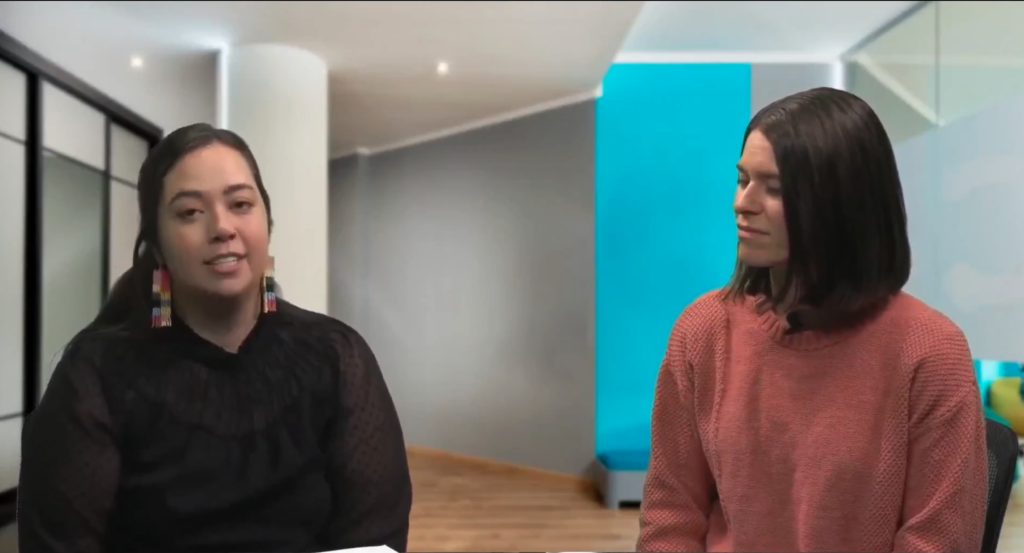Last updated on May 21, 2024
Contents
Passion and Dedication at MSU Denver
At MSU Denver, instructors don’t just teach – they live and breathe the subjects they’re passionate about. Many have walked the path of their respective fields for years before stepping into the role of educators, while others remain active participants. A shining example is Dr. A.J. Alejano-Steele, who not only co-founded The Laboratory to Combat Human Trafficking, but also pours her heart into teaching HSP 4160: Human Trafficking, a course for the Innovative and Lifelong Learning program at MSU Denver. Dr. Alejano-Steele’s commitment to her craft continually showcases her level of dedication, infusing each lecture with an optimism that’s truly inspiring. Her infectious empathy brings the course material to life, fostering an interactive and thought-provoking learning environment that is sure to leave a lasting impression on every student fortunate enough to be a part of it.

What truly sets this course apart is its courageous focus on the important societal issue of human trafficking. Under Dr. Allejano-Steele’s guidance, students will dive deep into the psychological foundations of human trafficking, while learning about the factors that contribute to its existence, persistence, and agency response. Students are challenged to confront uncomfortable truths and grapple with the ethical dimensions of this issue. The lectures prompt students to not only comprehend the psychological aspects of human trafficking, but also to become advocates for change and social justice.
Showcase Examples
Video
Using Generative AI and Scenario-Based Technology
When teaching about human trafficking, it’s crucial to approach real-life situations with truthfulness and respect. Using actual images or videos may not honor survivors, and relying on stock images and videos of actors can appear insensitive. With Midjourney, the CTLD ID team crafted images based on the narratives of real survivors. Midjourney is a tool that generates original images based on written prompts. This particular simulation used a consistent character and allowed changes to be made for that character. For example, “Smiling in front of a busy neighborhood as a pencil drawing with subtle green, orange, and gray tones” was one of the prompts written to generate the look of the main character, shown below.

Using the Twine engine, an HTML-based non-linear storytelling program that enables the creation of different story paths based on students’ choices, the CTLD ID team created a comprehensive, scenario-based, learning experience that enables users to make decisions from a variety of options, each option branching out to other options and decisions.
By integrating Midjourney and Twine, students have the chance to visualize and engage with real-life trafficking scenarios without causing harm or disrespect. This project showcases scenario-based learning and student agency integration, offering a blueprint for creating diverse learning experiences. Accessibility features such as light/dark modes and font choices were integrated, while the highlight was the integration of consistent, thematically aligned visuals produced by Midjourney, contributing to a cohesive simulation.
Additionally, Dr. Alejano-Steele’s resourcefulness extended beyond the classroom as she brought in field experts to the CTLD Media Studio for video interviews and guest lectures. These invaluable insights from practitioners and researchers enriched the learning process, providing students with a well-rounded perspective and insight from experts in the field, and further fueling students’ passion for addressing the pressing social issues explored in HSP 4160.

Partnering for Continuous Improvement in Teaching and Learning
A significant factor in the success of this and similar projects is the support and funding from the Office of Online Learning (OOL), which has been instrumental in enhancing the quality of our online educational endeavors. OOL’s support and contributions have empowered faculty members to innovate and create a more enriching educational environment for all. Please visit the Office of Online Learning for more information about all that they are doing to help MSU Denver faculty members and students.
Want to get involved?
One way to find help with implementing student support in your course is the CTLD Course Development Cycle. This is an intensive, but rewarding, process where an instructional designer will work with you over several months to identify course objectives, develop learning activities, create a user-friendly course, record high-quality multimedia content, and much more.
Our instructional designers will help you build student support and implement them in your course. As compensation for the time and effort you spend developing your course, faculty are offered a $5,000 stipend for completing the development cycle. For courses that use OER, MSU Denver offers additional incentives.
For more information on the CTLD Development Cycle, as well as how to apply to join, please see our CTLD Course Development Cycle spotlight.